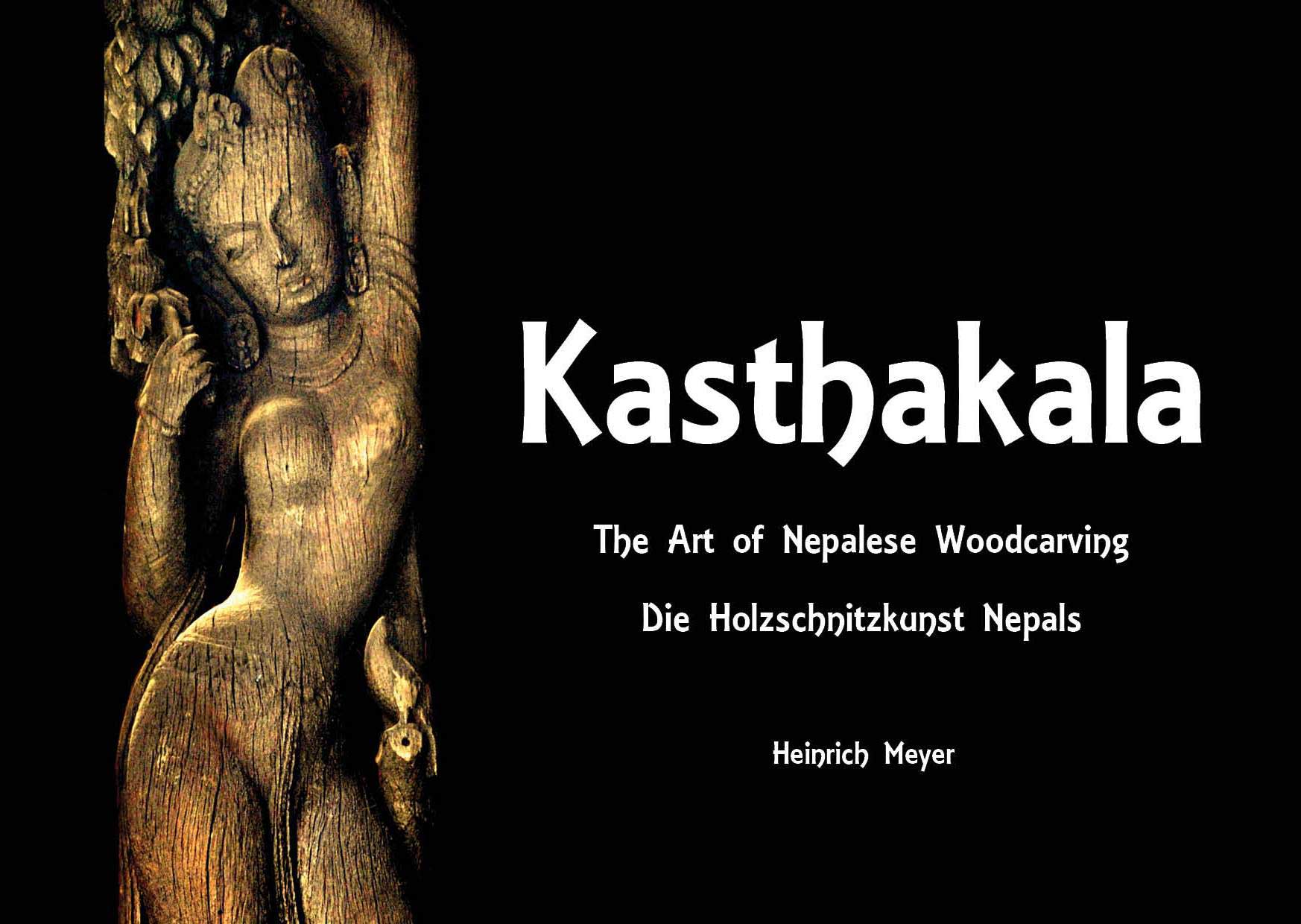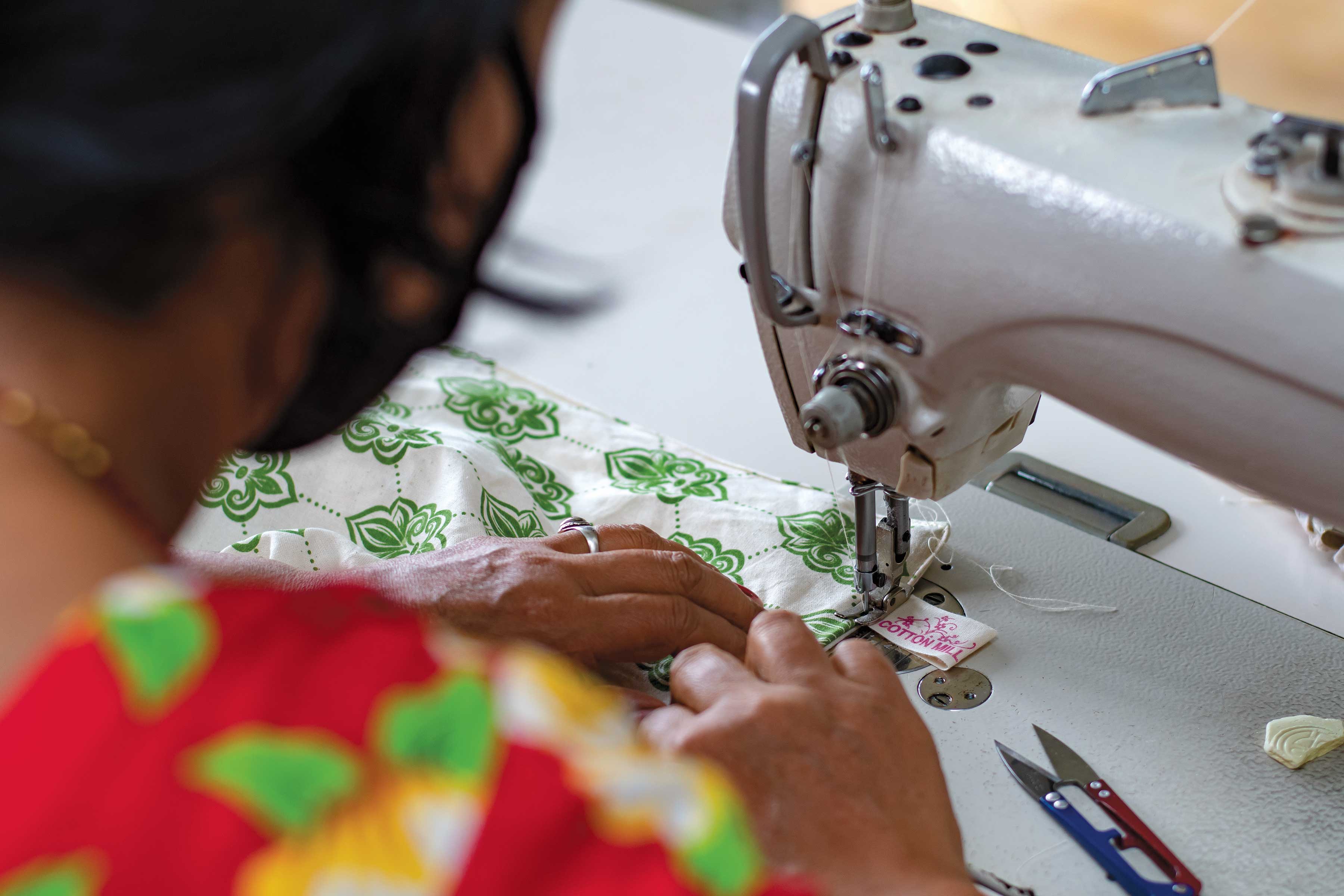A globetrotting misician, Strouk’s connection in Nepal has extended into musical collabrations with local artists.
Ididn’t choose music, music chose me”, says French musician Samuel Strouk. Strouk first came to Nepal after one of his tours in India and has been visiting Nepal since then. “My career can be divided into two parts: I play both as a sideman and a front man”, Strouk explains. Strouk has been associated with two bands namely, Sam Smala and Caravan Quartet and has toured across boundaries giving the world a taste of his music.
 It was during one of these tours that he first came to Nepal. A tour in India was followed by a sojourn in Nepal after which Strouk kept coming back for more of Nepal. Earlier in February, Strouk teamed up with Nepali musicians Hari Maharjan and Jigmee Sherpa for a Gypsy Jazz concert. The Alliance Française compound where this concert was taking place at, was resounding jolly melodies that Strouk effortlessly strummed from his guitar. The gypsy and Nepali music fusion of popular Nepali folk tunes proved to be a hit with surprised members of the audience. “Gypsy music is about expressing your self,” Strouk says about this upbeat musical genre which is an eclectic fusion between gypsy music and jazz. Apart from gypsy jazz, Strouk also plays classical western music, jazz and folk music.
It was during one of these tours that he first came to Nepal. A tour in India was followed by a sojourn in Nepal after which Strouk kept coming back for more of Nepal. Earlier in February, Strouk teamed up with Nepali musicians Hari Maharjan and Jigmee Sherpa for a Gypsy Jazz concert. The Alliance Française compound where this concert was taking place at, was resounding jolly melodies that Strouk effortlessly strummed from his guitar. The gypsy and Nepali music fusion of popular Nepali folk tunes proved to be a hit with surprised members of the audience. “Gypsy music is about expressing your self,” Strouk says about this upbeat musical genre which is an eclectic fusion between gypsy music and jazz. Apart from gypsy jazz, Strouk also plays classical western music, jazz and folk music.
The piano was Strouk’s first instrument. However, he moved to playing the guitar a few years after he began playing the piano at a very young age. A graduate with honors from Special Superior Conservatory of Paris in classical guitar and Chamber Music conservatory of Montpellier, Strouk looks up to musical inspirations such as Mozart, Beethoven and John Lennon. He confesses that he also gains inspirations from certain human emotions. “The feeling of departure from people I love never fails to inspire me,” he says.
“Nepali music is beautiful,” says Strouk, expressing his love for our very own traditional tunes which he feels gives one a jovial feeling. He also shares that he is learning Nepali music in his own way. He has tried his hands at playing the flute and is in the process of learning it. Strouk has also collaborated with the popular Nepali folk ensemble Kutumba, and played at local concerts in Bhaktapur and Harisiddhi. In the four visits that he has made to Nepal, he has met with many Nepali musicians and worked with them to blend his own music with the Nepali tunes. “Nepal is blessed with very good musicians,” Strouk opines, “They have a strong desire to improve themselves which is one of the reasons why I enjoy sharing and collaborating with them.”
Strouk’s next visit to Nepal is scheduled for June. He assures that during this visit we will get to hear more of his tunes, demos and collaborations with Nepali musicians such as the Hari Maharjan Project.
Nepali musicians have a strong desire to improve themselves; one of the reasons why I enjoy sharing and collaborating
with them.











